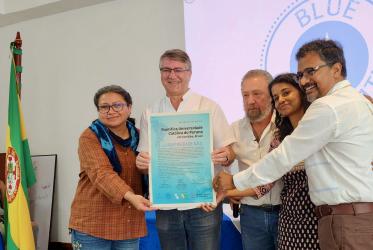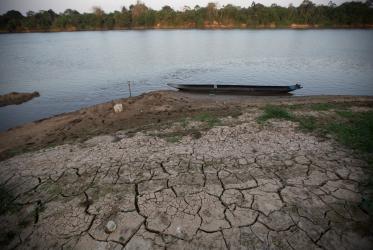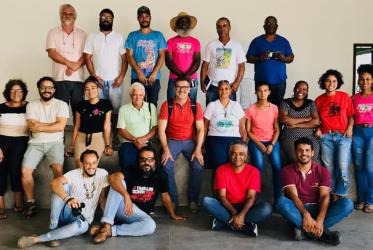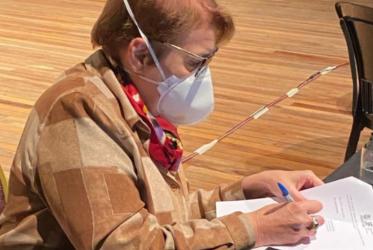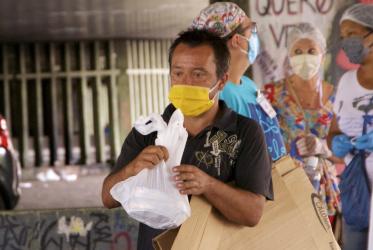Displaying 1 - 20 of 129
17 April 2024
Brazilian ecumenical water network launched
29 July 2021
Pulling together for a living River Pardo
02 July 2021

